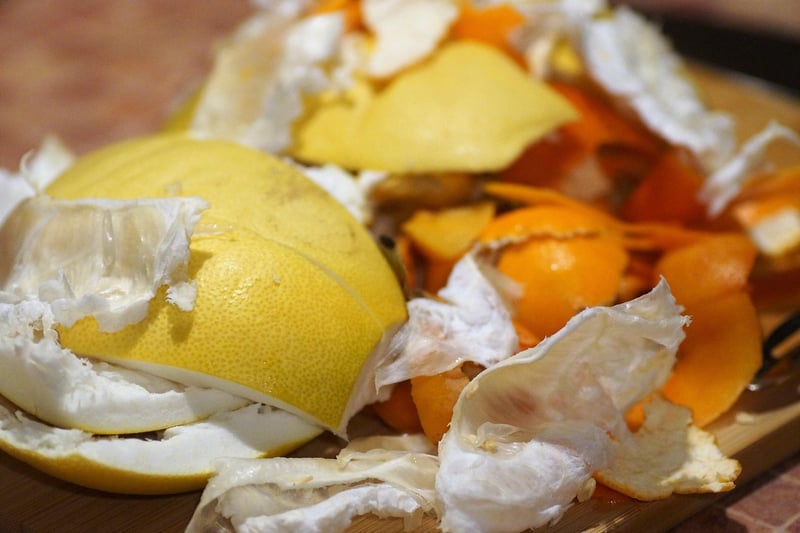Composting Solutions
The Power of Sustainable Crop Management and Composting Solutions
In today's world, the importance of sustainable practices in agriculture cannot be overstated. Sustainable crop management and composting solutions play a vital role in ensuring the health of our planet and the well-being of future generations. Let's explore how these practices can make a significant impact on the environment and agricultural productivity.
The Benefits of Sustainable Crop Management
Sustainable crop management involves implementing practices that promote long-term soil health, reduce chemical inputs, and enhance biodiversity. By adopting sustainable crop management techniques, farmers can:
- Improve soil structure and fertility
- Conserve water and reduce erosion
- Minimize the use of synthetic pesticides and fertilizers
- Promote biodiversity and support pollinators
- Enhance the resilience of crops to climate change
Composting: A Key Component of Sustainable Agriculture
Composting is a natural process that recycles organic matter into a valuable soil amendment. By composting organic waste such as kitchen scraps, yard trimmings, and crop residues, farmers can:
- Reduce the amount of waste sent to landfills
- Improve soil structure and fertility
- Enhance nutrient cycling and reduce the need for chemical fertilizers
- Suppress plant diseases and pests
- Contribute to carbon sequestration and mitigate climate change
Implementing Sustainable Solutions on the Farm
Integrating sustainable crop management practices and composting into agricultural operations requires a holistic approach. Farmers can:
- Rotate crops to improve soil health and break pest cycles
- Use cover crops to prevent erosion and add organic matter to the soil
- Practice precision agriculture to optimize resource use
- Implement agroforestry systems to enhance biodiversity and provide additional income streams
- Educate themselves and their communities on the benefits of sustainable agriculture
By embracing sustainable crop management and composting solutions, farmers can not only increase their productivity and profitability but also contribute to a healthier planet for future generations.
References:
1. Food and Agriculture Organization of the United Nations. (n.d.). Sustainable Crop Production Intensification. http://www.fao.org/ag/ca/
2. United States Environmental Protection Agency. (n.d.). Composting At Home. https://www.epa.gov/recycle/composting-home

